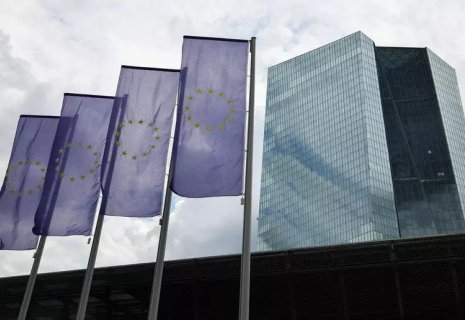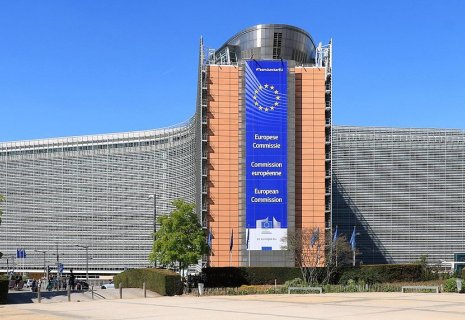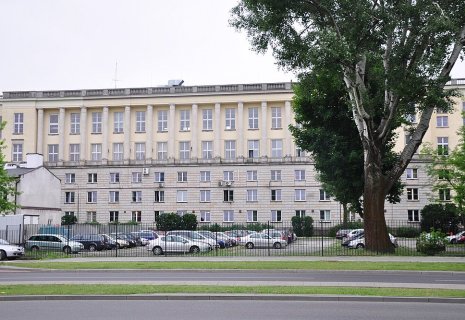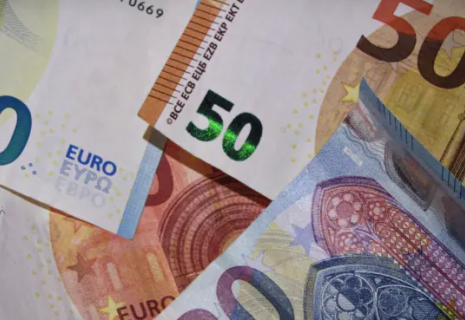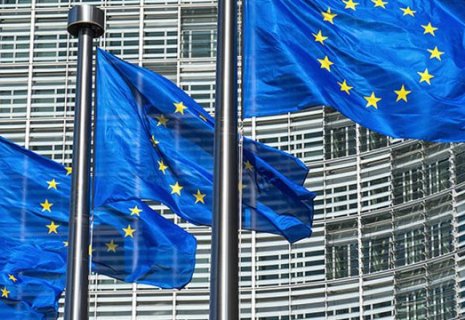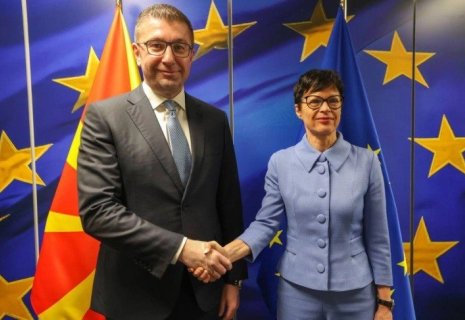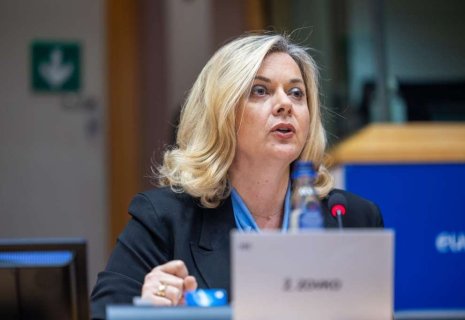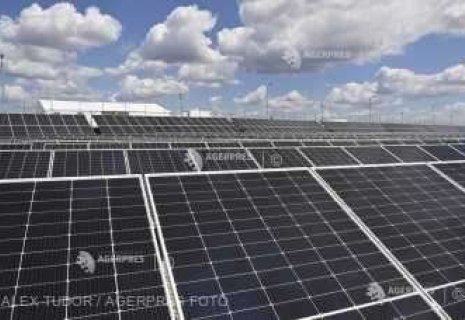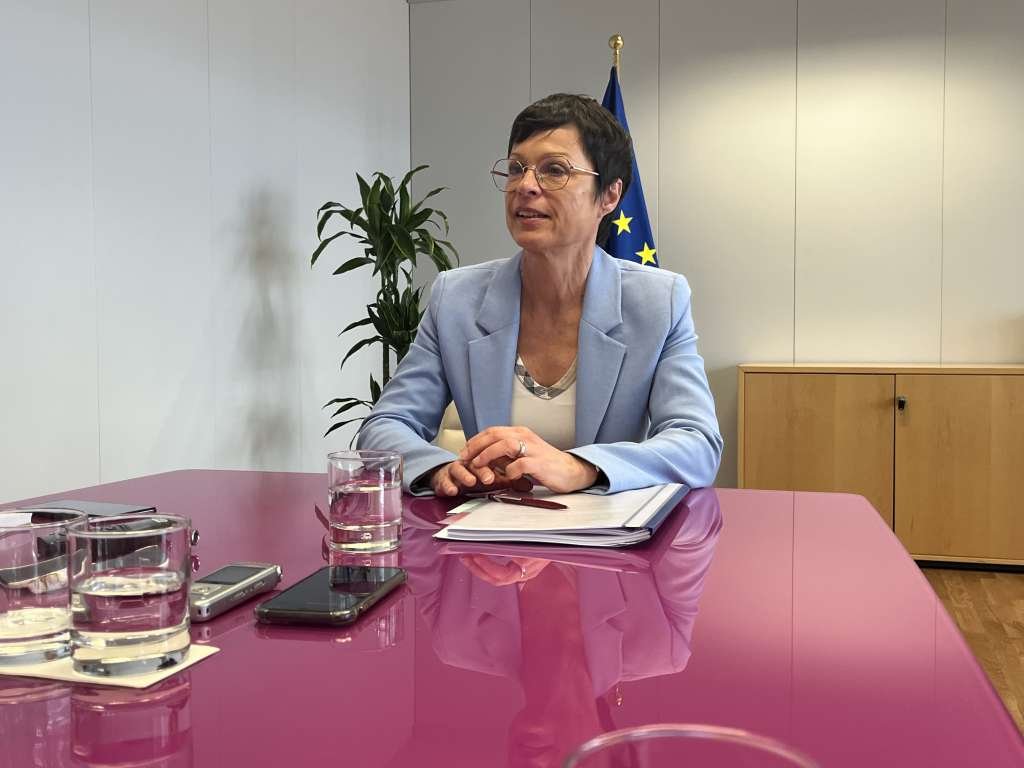
Western Balkans leaders, EU Commissioner push Growth Plan forward
The European Union Commissioner for Enlargement, Marta Kos, and the leaders of the six Western Balkan partners (Albania, Bosnia and Herzegovina, Kosovo, Montenegro, North Macedonia, and Serbia) gathered in Skopje for a high-level meeting dedicated to the implementation of the Western Balkans Growth Plan, an EU-supported initiative aimed at accelerating the region’s integration into the Union’s single market.
During the meeting, progress made so far in implementing reforms in the areas of finance, transport, digital connectivity, and market integration was analyzed. The leaders reaffirmed their political commitment to the Plan’s implementation and agreed to hold regular meetings, including the next one scheduled for autumn this year, CE Report quotes FENA.
As part of the Growth Plan, the partners have developed their own reform agendas under the Reform and Growth Instrument, worth six billion euros for the period 2024–2027. Advances have already been made with pre-financing paid out to North Macedonia, Albania, Montenegro, and Serbia, while Bosnia and Herzegovina adopted its draft Reform Agenda on June 27, and Kosovo is expected to accelerate its approval process, the European Commission reported.
Commissioner Kos reminded that this instrument requires sustainable and strong political leadership and ownership to ensure the rapid and comprehensive implementation. This will accelerate partner growth and secure their progress on the path to EU accession. Although visible results from some important reforms are already evident, partners were urged during the meeting to speed up the plan’s implementation. To this end, the Commission is working closely with the Western Balkan partners.
To encourage green investments, the Commission proposed a new investment package within the Western Balkans Investment Framework (WBIF), worth 87.7 million euros, which would mobilize over 487 million euros in total for eight clean energy investments in Albania, Montenegro, and Serbia. The projects include modernizing energy grids, rehabilitating hydropower plants, and developing solar heating systems.
The meeting also reviewed progress toward the gradual integration of partners into the EU single market. Montenegro, Albania, North Macedonia, and Serbia have already joined the Single Euro Payments Area (SEPA), facilitating cross-border euro financial transactions. The Commission announced infrastructure support for 11 key border crossings through the Safe and Sustainable Transport program under the “Green Corridors” initiative.
In digital connectivity, activities have already started through European Digital Innovation Hubs, the WiFi4WB initiative, and work on introducing a digital identity wallet in line with practices of EU member states.
Following the first call, seven European Digital Innovation Hubs were selected to support small and medium enterprises in their digital transformation and transition, with activities starting in January 2025; further calls are in preparation. Regarding the EU digital identity wallet, Western Balkan partners are progressing at the same pace as EU member states. Additionally, over 300 municipalities have applied for WiFi for the Western Balkans (WiFi4WB), and the first access points are expected to be established in the last quarter of this year.
The Commission and Western Balkan countries will also double efforts to reduce roaming costs, allowing citizens to use roaming within the EU and Western Balkans as if at home. Progress was also confirmed in developing a regional tourism ecosystem and strengthening consumer protection through institutional and technical support.
Finally, the Single Market Highway initiative will focus on strong industrial alliances and strengthening value chains between the Western Balkans and the European Union; accelerating regulatory convergence and business community integration.
Leaders committed to accelerating reform implementation, improving communication with citizens and businesses, and regularly reporting on progress. The European Commission will finalize its assessment of the first reform phase in the coming weeks and decide on subsequent payments under the Reform and Growth Instrument.
The Western Balkans Growth Plan, adopted by the Commission on November 8, 2023, aims to deepen regional cooperation, accelerate reforms, and strengthen the region’s economic convergence with the EU.

